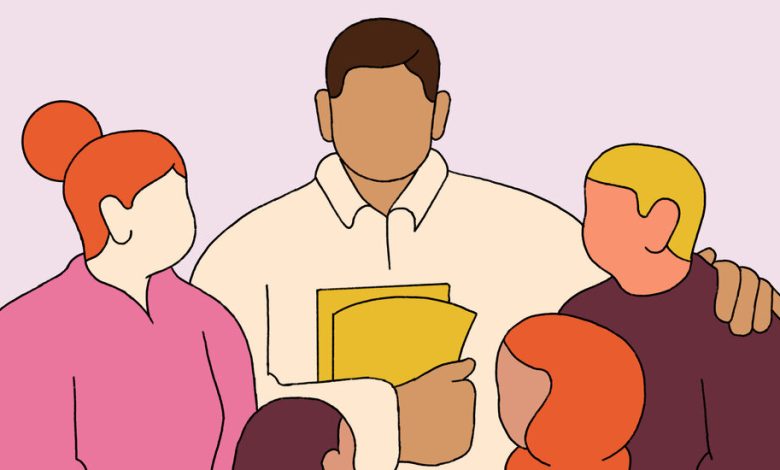The World Still Needs Help, Even During the Holidays

The holidays are a time when I hold my loved ones close and slow down. It’s a period when many of us have the urge to turn inward, toward comfort, and away from the worries of the world.
The issue, though — which I came to appreciate more fully when I was a conflict reporter spending holidays far from family and friends — is that even though people’s attention inevitably drifts during this season, the world and its problems grind on regardless. This year is no different. Whether it is in Ukraine or Iraq or our own Southern border, the world still deserves our urgent attention, and so I ask you to give to global organizations helping people facing oppression and conflict at a time of the year when those who are suffering still need our help.
I lived in Iraq for many years, covering the legacy of America’s invasion in 2003, and while that country has been out of the headlines for a while, its needs are still great. SEED Foundation is an organization based in Iraqi Kurdistan that offers mental health services to victims of violence, including women forced into sexual slavery by ISIS. Beginning in 2014, about 6,000 Yazidi women and children were abducted by ISIS fighters. Many were forced to marry and bear children. They spent months, and sometimes years, in captivity; they now face stigma and discrimination. The shame associated with the act of rape means that even regional authorities tend to turn away, leaving aid groups to deal with the considerable basic needs of this community. SEED also helps the children of these unions, who are often ostracized, by providing vital mental health services and advocating for government support.
I have covered immigration in one form or another for most of my career. When I was last in Mexico, I met a Guatemalan woman who told me she was gang raped in front of her husband and children because her husband had refused to pay extortion money to the gangs who ran her home village. She made it into the United States with her husband and two children, but getting asylum here will be incredibly hard for them. Those who are seeking asylum are dealt with in special courts, and there is no requirement to provide petitioners with legal representation. In covering these court appointments, I’ve seen people who might qualify to remain in the United States get deported because they were not represented by a lawyer and didn’t fully understand what evidence they needed to present to support their cases.
This is where the vital work of Raices comes in. With a formidable network of immigration lawyers in Texas, Raices helps immigrants at no cost, especially in cases that include children. The organization was pivotal in fighting the family separation policy during the Trump era. Now it is equally active in trying to aid those in the cross hairs of immigration action under President Biden, through public advocacy and legal challenges. Politics aside, I believe every credible asylum seeker deserves a fair hearing and the legal support to make their case.
Finally, there is perhaps no greater global charity dealing with conflicts all over the world than the International Committee of the Red Cross. I was reminded of the essential nature of its work recently when discussing the situation of a Ukrainian woman whose brother is being held by Russia in terrible conditions as a prisoner of war. The I.C.R.C. is allowed access to P.O.W.s under the 1949 Geneva Conventions, and it monitors the treatment of those detainees. People on both sides of the war in Ukraine have asked the group to intervene in the current conflict, highlighting the tricky balancing act the I.C.R.C. has been engaged in through various conflicts for generations.
If none of these charities inspire you, I suggest you go to Global Giving, which allows you to choose groups from around the world that have been vetted by the umbrella organization. Global Giving reviews its partners’ financial records and their capacity to implement their plans. You’ll find projects that provide menstrual health support to girls in India, protect mangroves in Bangladesh and help educate students in rural Peru, and you won’t have to worry about getting your money to the place where it can have the most impact: Some of these charities only need tens of thousands of dollars to meet their goals, so a little can go a very long way.
Lulu Garcia-Navarro is the host of the podcast “First Person” and a former foreign correspondent.
This article is part of Times Opinion’s Giving Guide 2022. The author has no direct connection to the organizations mentioned. If you are interested in any organization mentioned in Times Opinion’s Giving Guide 2022, please go directly to its website. Neither the authors nor The Times will be able to address queries about the groups or facilitate donations.
The Times is committed to publishing a diversity of letters to the editor. We’d like to hear what you think about this or any of our articles. Here are some tips. And here’s our email: [email protected].
Follow The New York Times Opinion section on Facebook, Twitter (@NYTopinion) and Instagram.
